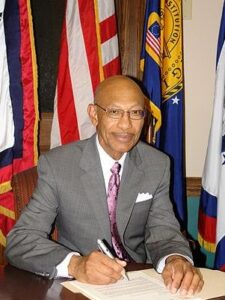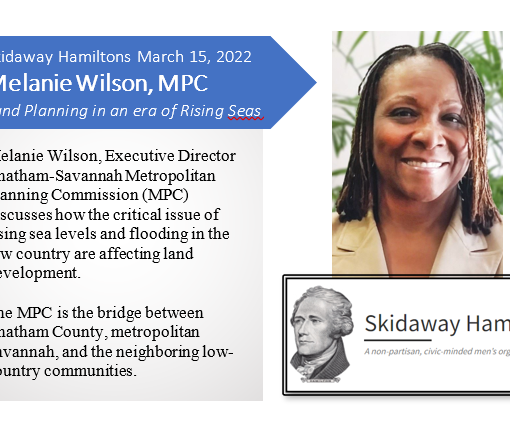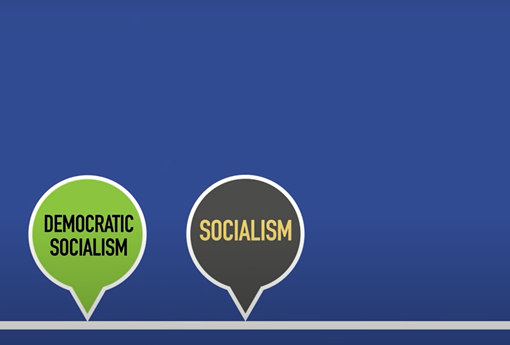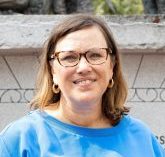Status of Savannah’s REAL (Racial Equity and Leadership) Task Force
Dr. Otis S. Johnson
Chair of REAL Task Force
 On April 27, former Savannah Mayor Dr. Otis Johnson spoke before a Zoom meeting of Skidaway Hamiltons and Abigails. Dr. Johnson said that roughly every fifty years this country has a reckoning with race and racial disparities. The murder of George Floyd has been the catalyst for the reckoning this time. There was a demonstration to protest George Floyd’s death in Savannah. Mayor Van Johnson spoke at the demonstration and said that we can have a moment or we can have a movement. On July 23rd, Mayor Johnson announced the creation of the REAL task force. The purpose of the task force is to develop a shared understanding of what constitutes Equity – a society where all can participate and prosper. The task force will focus on Racial Equity – an environment where society’s benefits and its burdens would not be skewed by race. The task force is composed of forty-five members of the community. In its work, the task force is driven by data that demonstrates the inequities and is grounded in history that provides an understanding of the root causes of inequities.
On April 27, former Savannah Mayor Dr. Otis Johnson spoke before a Zoom meeting of Skidaway Hamiltons and Abigails. Dr. Johnson said that roughly every fifty years this country has a reckoning with race and racial disparities. The murder of George Floyd has been the catalyst for the reckoning this time. There was a demonstration to protest George Floyd’s death in Savannah. Mayor Van Johnson spoke at the demonstration and said that we can have a moment or we can have a movement. On July 23rd, Mayor Johnson announced the creation of the REAL task force. The purpose of the task force is to develop a shared understanding of what constitutes Equity – a society where all can participate and prosper. The task force will focus on Racial Equity – an environment where society’s benefits and its burdens would not be skewed by race. The task force is composed of forty-five members of the community. In its work, the task force is driven by data that demonstrates the inequities and is grounded in history that provides an understanding of the root causes of inequities.
Dr. Johnson’s powerpoint briefing may be viewed at the end of this recap.
The task force, with the assistance of a consultant, Partnership of Southern Equity, is developing an analysis of racial disparities in critical sectors of the community and is developing a community action plan to reduce structural inequities. The plan will be presented to the Mayor, the City Council, and the community by August 2021, with a view toward affecting City budgeting in the 2021/2022 year. The task force will also develop a leadership group that will function as advocates for change. The Savannah task force will collaborate with three other place-based initiatives (in Brunswick, Albany, and the Georgia Conference of the NAACP) to establish a statewide infrastructure to advance a more equitable Georgia.
The task force is looking at six Issue Areas, each led by a person with intense interest and substantial experience in the area. The Issue Areas are Education, Criminal Justice, Economic Empowerment and Wealth Building, Health, Housing, and Environmental Justice. The people leading the efforts in these areas are outlined in the accompanying slides.
Dr. Johnson showed some data on each of the Issue Areas. The data can be seen on the accompanying slides.
Dr. Johnson then shared his thoughts on the data. In the area of Education, black children in Savannah lagged badly in key third grade reading levels and were significantly overrepresented in all data regarding Student Discipline. In Juvenile Justice, nearly all the children sent to Superior Court to be tried as adults are black. In the Criminal Justice area, black males are being held at the Chatham County Detention Center in numbers that far exceed their proportion of the population, including many being held solely for the possession of cannabis. Dr. Johnson spoke about the pipeline to prison. He acknowledged the dysfunction in the family structure but said that family dysfunction should not sentence young people to a life in the prison system.
Dr. Johnson showed data on income levels. There have been racial gaps in income levels and poverty for his entire working life. He said that Savannah used to have a vibrant black-owned business community. Urban renewal and Interstate 16 destroyed the West Broad Street (now MLK Drive) corridor where the black businesses were, and it has never recovered. The task force will be looking at ways to empower black-owned businesses.
In the area of health, the pandemic has laid bare the health disparities in this country. In Savannah, there are food deserts that affect predominantly black people. Lack of access to fresh fruits and vegetables contributes to a higher incidence of obesity, diabetes, and heart disease. The task force will try to find solutions to this problem, similar to the Carver Market in Atlanta.
In housing, 55% of renters in Savannah spend more than 30% of their income on rent and utilities. Low wages are a major problem affecting black people, many of whom are in service jobs. In addition, mortgage applications by black people are much more frequently denied, reflecting both income levels and prejudice. The Mayor has assigned a special task force to housing.
Environmental issues have long plagued black communities in Savannah. Dr. Johnson cited pollution from Union Camp’s paper mill as the source of asthma and respiratory diseases.
Dr. Johnson’s powerpoint briefing slides cam be viewed below. You may also download a copy




